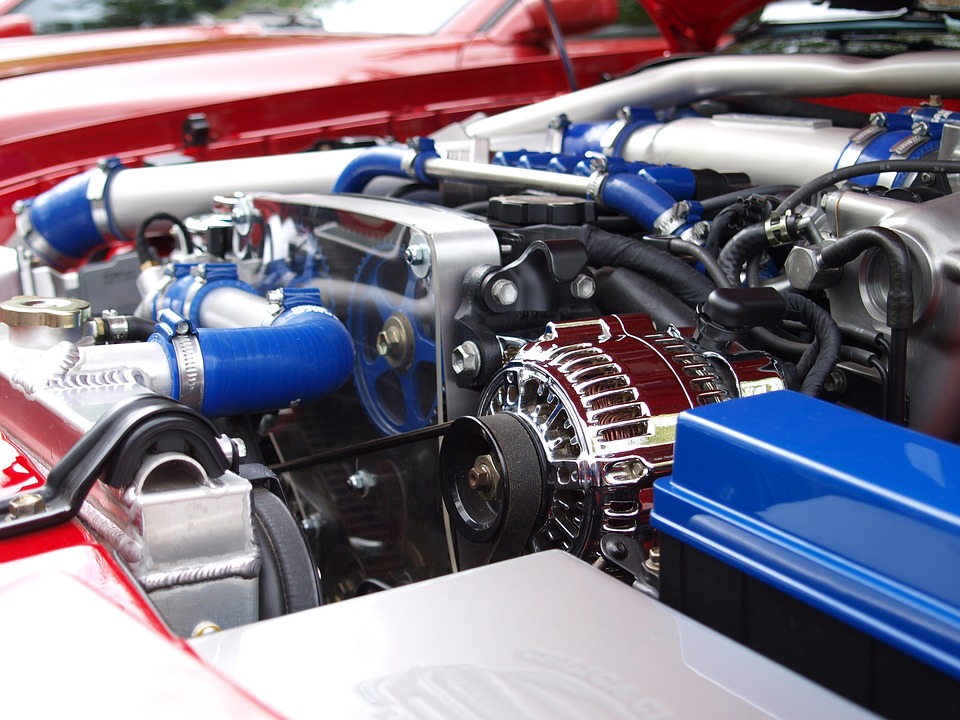
The term “high-precision miniature motors” may seem like a concept taken straight out of a science fiction movie, like microscopic robots that can infiltrate restricted areas. But in reality, these motors have found more mundane applications in a wide variety of fields. Here are some examples:
Manufacturing
One of the first industries to adopt the use of motors is manufacturing, with its automated assembly lines and need for efficiency. And high-precision brushless DC motors are one of the types of motors that are in use.
In fact, these motors are a staple in electronics manufacturing, where they are often used in pick-and-place assembly systems. As the name suggests, pick-and-place assembly systems are used in the part of the manufacturing process where components are attached to a circuit board. Accuracy is essential at this stage—due to the small size of the parts or the circuit board itself, there’s a high risk of error. Hence, the correct high-precision miniature motors are a must.
Medicine
There are many applications for high-precision motors in a sector that demands utmost accuracy: medicine. After all, in this field, even a small mistake can have catastrophic results for a patient.
One of the most basic application for these motors is an insulin pump used by diabetes patients. These pumps automatically deliver much-needed insulin via a catheter, eliminating the need for painful injections. To pump the right amount of insulin every time, these devices make use of miniature high-precision motors.
Another application of these motors are in radiation therapy and imaging. Whether it’s trying to capture a more accurate image of a person’s internal organs or to destroy cancer cells, miniature motors play a part. They help to focus the beam of radiation accurately on the target, preventing it from damaging other cells. These mini motors also help adjust the strength of the beam.
Miniature motors are also found in tools used for diagnosis and research. For example, electronic pipettes use these motors so that they get and dispense the exact amount of a liquid every time. Meanwhile, clinical analyzers used for scanning and detecting specific molecular structures in samples also make use of these motors for enhanced accuracy.
Land Surveying
Instead of manually measuring a piece of land, surveyors nowadays use modern equipment such as total stations. These equipment often contain miniature high-precision motors that allow them to take more accurate measurements.
For example, total stations take measurements by emitting a laser beam and measuring the length of that laser beam’s reflected light. As such, to control that laser beam down to the millimeter, small precision motors are essential. These motors play an integral role in fine-tuning the strength of the laser and then filtering back the reflected light.
Meanwhile, there are also some portable gas detectors that make use of high-precision miniature motors. These detectors use these motors like in an insulin pump—to manage the flow of air into the machine to be sampled.
As you can see, there are a wide variety of applications for high-precision miniature motors. And with more fields shifting to more automation, these motors will find more uses in more devices in the future.

